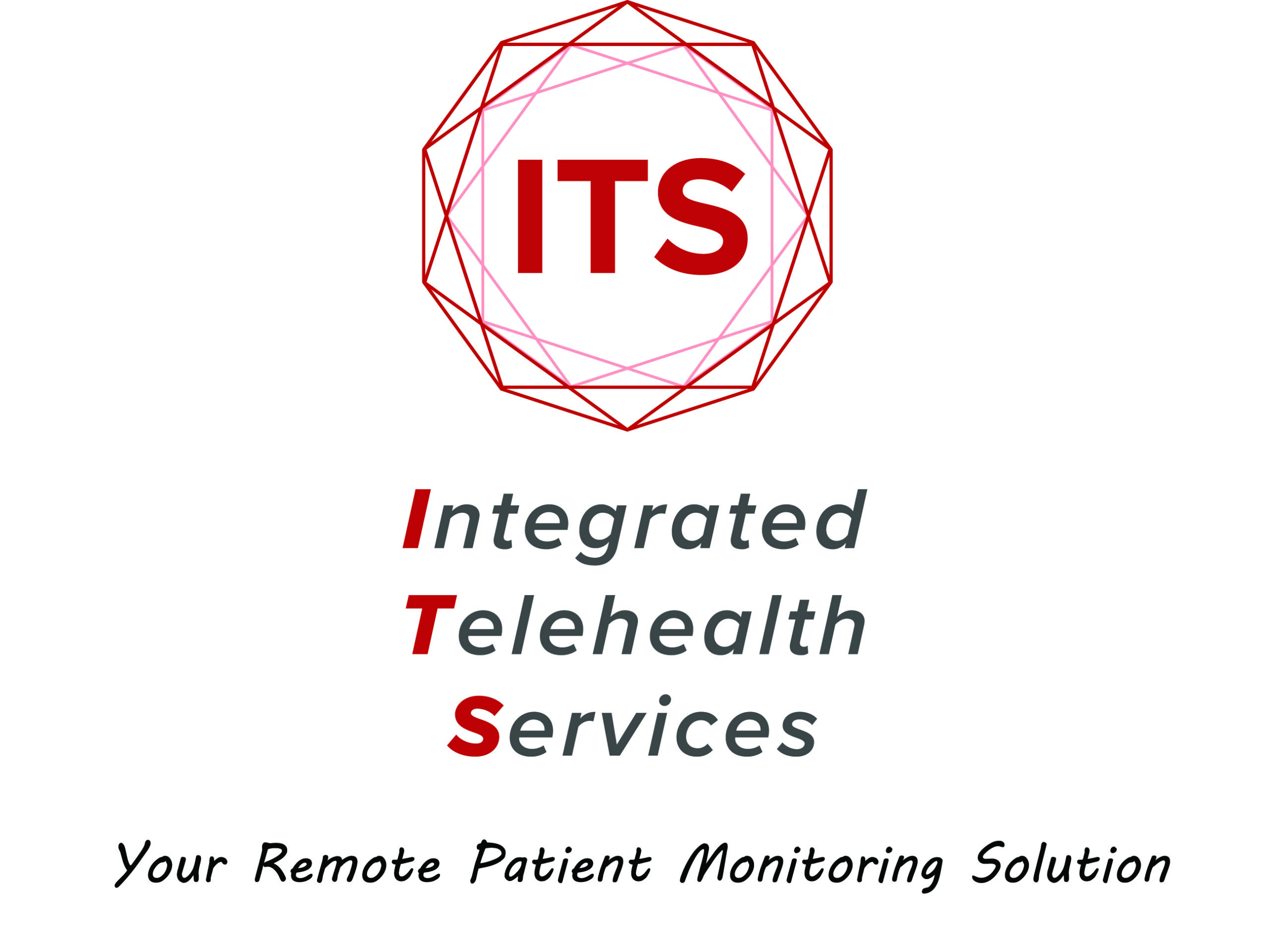Artificial intelligence (AI) has the potential to enhance the efficiency of integration of physical and behavioral health from both a clinical and economical perspective.
From a clinical perspective, AI can be used to:
- Improve diagnosis and treatment: AI can be used to analyze large amounts of data to identify patterns and trends that can help clinicians diagnose and treat conditions more accurately. For example, AI can be used to analyze medical images to identify cancer cells or to analyze patient data to identify risk factors for disease.
- Personalize care: AI can be used to personalize care for each patient by taking into account their individual needs, preferences, and risk factors. For example, AI can be used to create personalized treatment plans or to recommend lifestyle changes that can improve health outcomes.
- Provide real-time support: AI can be used to provide real-time support to patients and clinicians, such as by providing information about symptoms or by answering questions about treatment options. This can help to improve patient outcomes and reduce costs.
From an economic perspective, AI can be used to:
- Reduce costs: AI can be used to automate tasks that are currently performed by humans, such as data entry or scheduling appointments. This can free up clinicians to spend more time with patients and can help to reduce costs.
- Improve efficiency: AI can be used to streamline processes and improve communication between different healthcare providers. This can help to improve the coordination of care and can reduce costs.
- Increase access to care: AI can be used to provide care to patients who live in rural areas or who have limited access to healthcare. This can help to improve the quality of life for these patients and can reduce costs.
Overall, AI has the potential to make a significant contribution to the integration of physical and behavioral health. By improving diagnosis and treatment, personalizing care, providing real-time support, reducing costs, improving efficiency, and increasing access to care, AI can help to improve the quality of life for patients and reduce the overall cost of healthcare.

